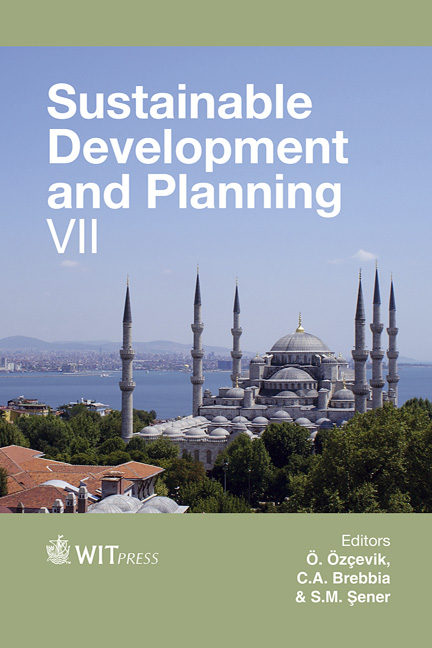Sustainable Technology Transfer For Poverty Alleviation: A Unified Framework For Challenges And Transdisciplinary Solution Approaches
Price
Free (open access)
Transaction
Volume
193
Pages
12
Page Range
823 - 834
Published
2015
Size
577 kb
Paper DOI
10.2495/SDP150691
Copyright
WIT Press
Author(s)
J. Bendul, E. Rosca, T. Hoffmann
Abstract
Technology transfer has been identified as a means for poverty alleviation for decades. Nevertheless, technology transfer projects from industrialized to developing countries have failed repeatedly. Technology transfer projects within the development cooperation area comprise various challenges under economic, environmental, social, institutional and technical dimensions. Inappropriate technology, operation and maintenance issues and lack of socio-cultural entrenchment of the transferred technologies are the most often cited reasons for project failure. Scholars argue that transfer methodologies are more important than the technology itself and it should incorporate aspects and methods from various disciplines such as project management, production, marketing and business innovation in order to ensure sustainable technology transfer and poverty alleviation. In this sense, the aim of this paper is to develop a conceptual framework which outlines the main challenges and transdisciplinary solution approaches for the sustainability of technology transfer projects for poverty alleviation in developing countries from practical and theoretical perspectives. The methodological design consists of literature review combined with experts’ interviews with specialists in technology transfer projects around the world from a specialized NGO. The findings reveal best practices and problems from a highly advanced technology transfer organization in terms of localized technical solutions and agile integrated planning approaches. Yet, the social and institutional aspects remain largely complex and difficult to solve. The recommended transdisciplinary approaches include sustainable business model development, frugal re-engineering methods and agile project management.
Keywords
technology transfer, developing countries, sustainable development, principal-agent theory, business model development, agile project management





